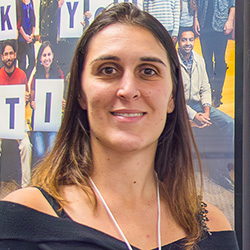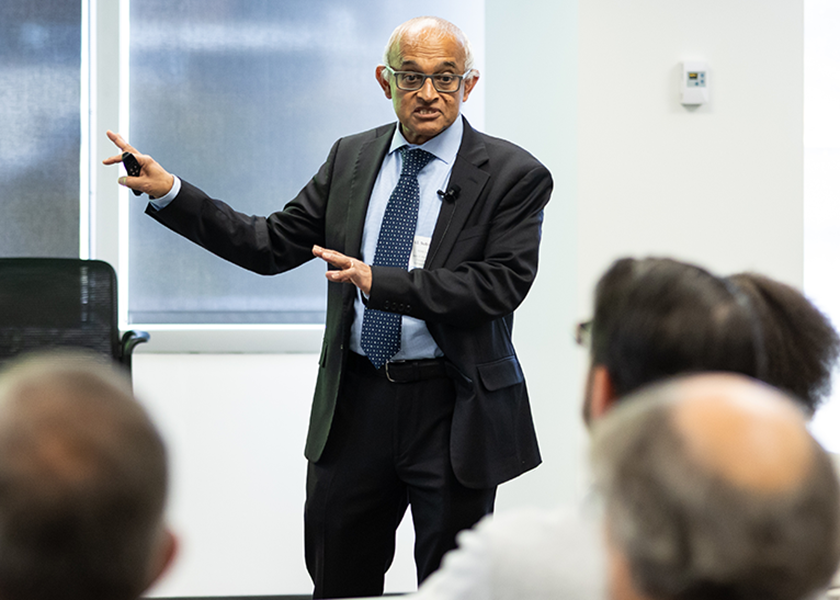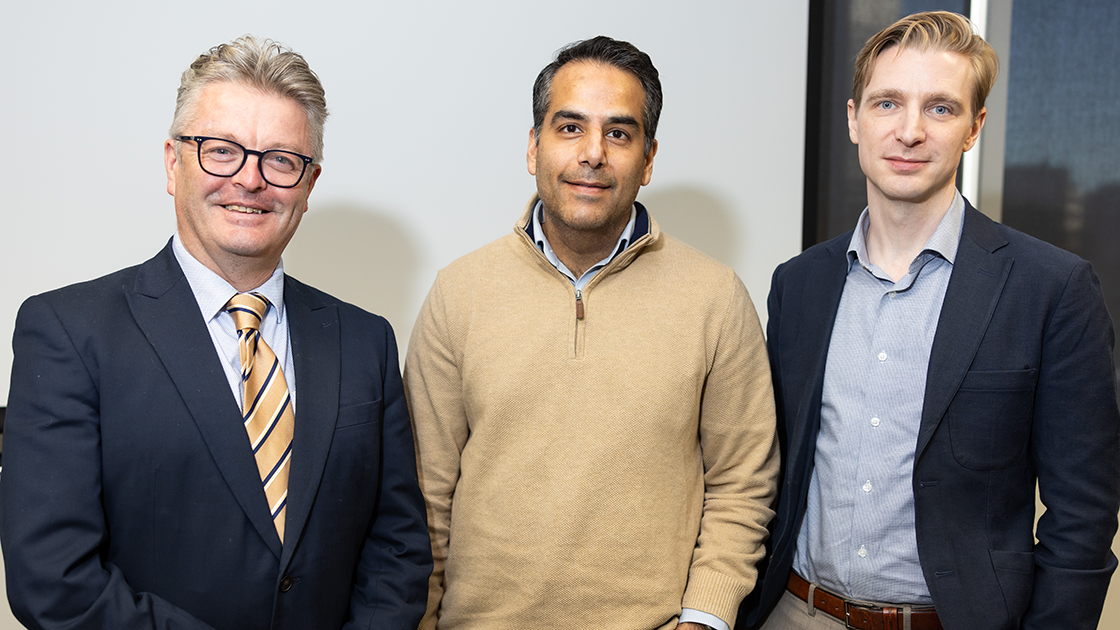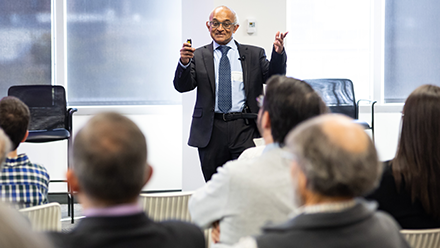An AI and security expert, Subrahmanian is Walter P. Murphy Professor of Computer Science at Northwestern Engineering and a faculty fellow at the Northwestern Roberta Buffett Institute for Global Affairs.
By analyzing specific terrorist group activity and the environment in which they are operating, NTEWS aims to predict terrorist behavior in advance of any attacks they might carry out, allowing officials to plan for when attacks are likely to happen and mitigate their impact. These types of threats include armed clashes with security force casualties, arson, looting, attacks on civilians, education facilities, and security installations, and more.
 “NTEWS doesn’t predict attacks on specific locations or exact dates,” said Chiara Pulice, an NSAIL senior research associate who has played an important role in the development of NTEWS. “But it can predict the likelihood of an attack by a specific group within the next month, two months, three months, four months, five months or six months.”
“NTEWS doesn’t predict attacks on specific locations or exact dates,” said Chiara Pulice, an NSAIL senior research associate who has played an important role in the development of NTEWS. “But it can predict the likelihood of an attack by a specific group within the next month, two months, three months, four months, five months or six months.”
NTEWS leverages publicly available data from news outlets and other online sources to train a set of eight machine learning models, each fine tuned to a group and a specific type of attack. Researchers developed the first predictive models of Lashkar-e-Taiba and Boko Haram, based on data collected on each group beginning in 1990 and 2009, respectively. Using those models, Subrahmanian and his team have made several policy recommendations over the years to reduce the number of Boko Haram and Lashkar-e-Taiba attacks.
Conference on AI and National Security
NSAIL plans to release monthly NTEWS Terror Forecast reports on Abu Sayyaf, Boko Haram, Lashkar-e-Taiba, Indian Mujahideen, Al-Shabaab, and Jama’at Nusrat al-Islam wal-Muslimin. Individuals can sign up with an official organizational email address to receive the forecasts.
Launched in October 2022, NSAIL is currently working on more than 20 research projects
relevant to issues of cybersecurity, counterterrorism, and international security, several of which were showcased at the Conference on AI and National Security, along with panel discussions offering insights from leading researchers and security strategists.
Co-sponsored by University College Cork and the Insight SFI Research Centre for Data Analytics, the event drew more than 225 in-person and virtual guests representing a range of disciplines, including computer science, security, public policy, and history.
“This conference aligns closely with Northwestern's own interdisciplinary research priorities, which not only include advancing the power of data science and artificial intelligence, but also being leaders in the biosciences, advancing work in decarbonization and sustainable energy, and increasing the global impact of our work in the social sciences,” said Eric J. Perreault, Northwestern vice president for research, during the event’s opening remarks.
“The topic of the role of artificial intelligence in safeguarding our future is broad and important to so many different areas. It's no exaggeration to say that AI is impacting everything that we do, from my own research in medicine to national security, cybersecurity, and so on.”
Northwestern Buffett director Deborah Cohen described NSAIL as an exemplar of the institute’s mission to converge the University’s 12 schools around generating new knowledge about pressing global challenges and promising solutions for addressing them.
Cohen also announced an upcoming “Buffett Symposium on AI and Geopolitics” hosted by Northwestern Buffett and co-sponsored by NSAIL and University College Cork on January 16, 2025.


 “NTEWS doesn’t predict attacks on specific locations or exact dates,” said
“NTEWS doesn’t predict attacks on specific locations or exact dates,” said 





